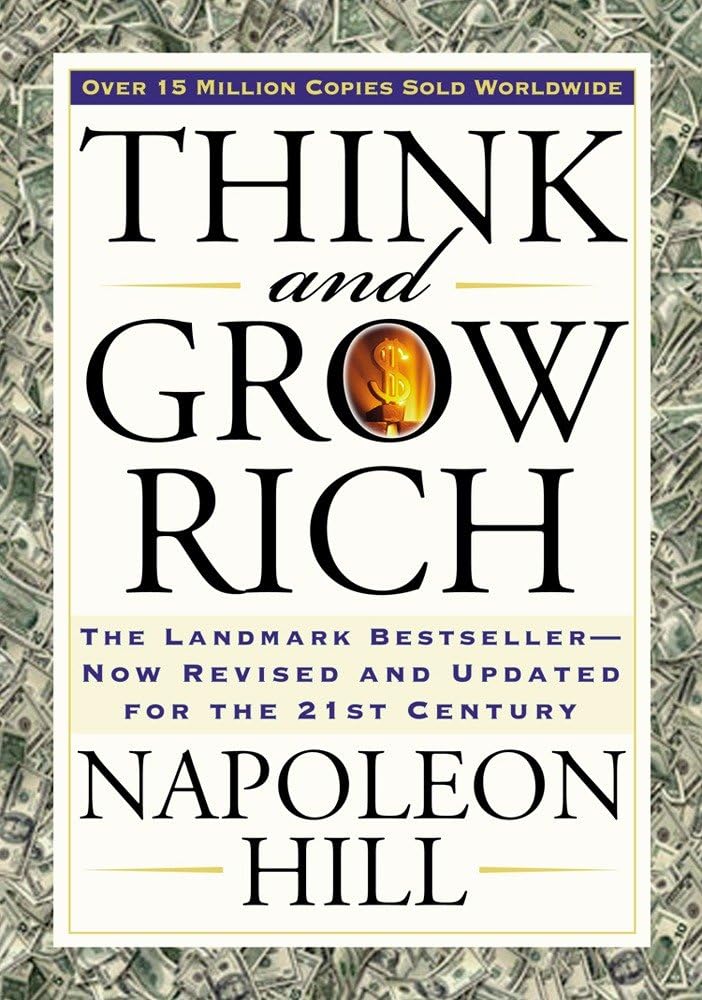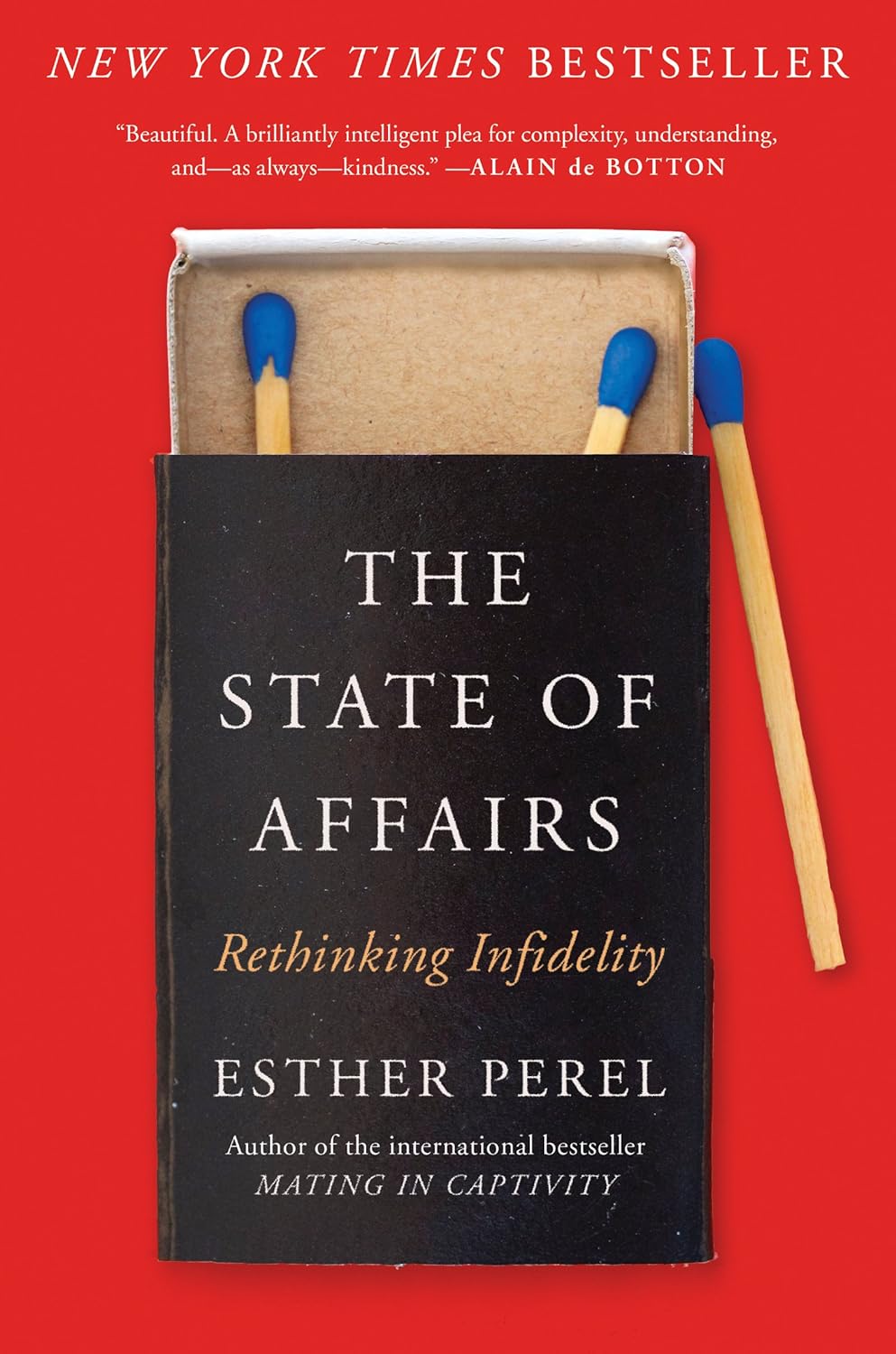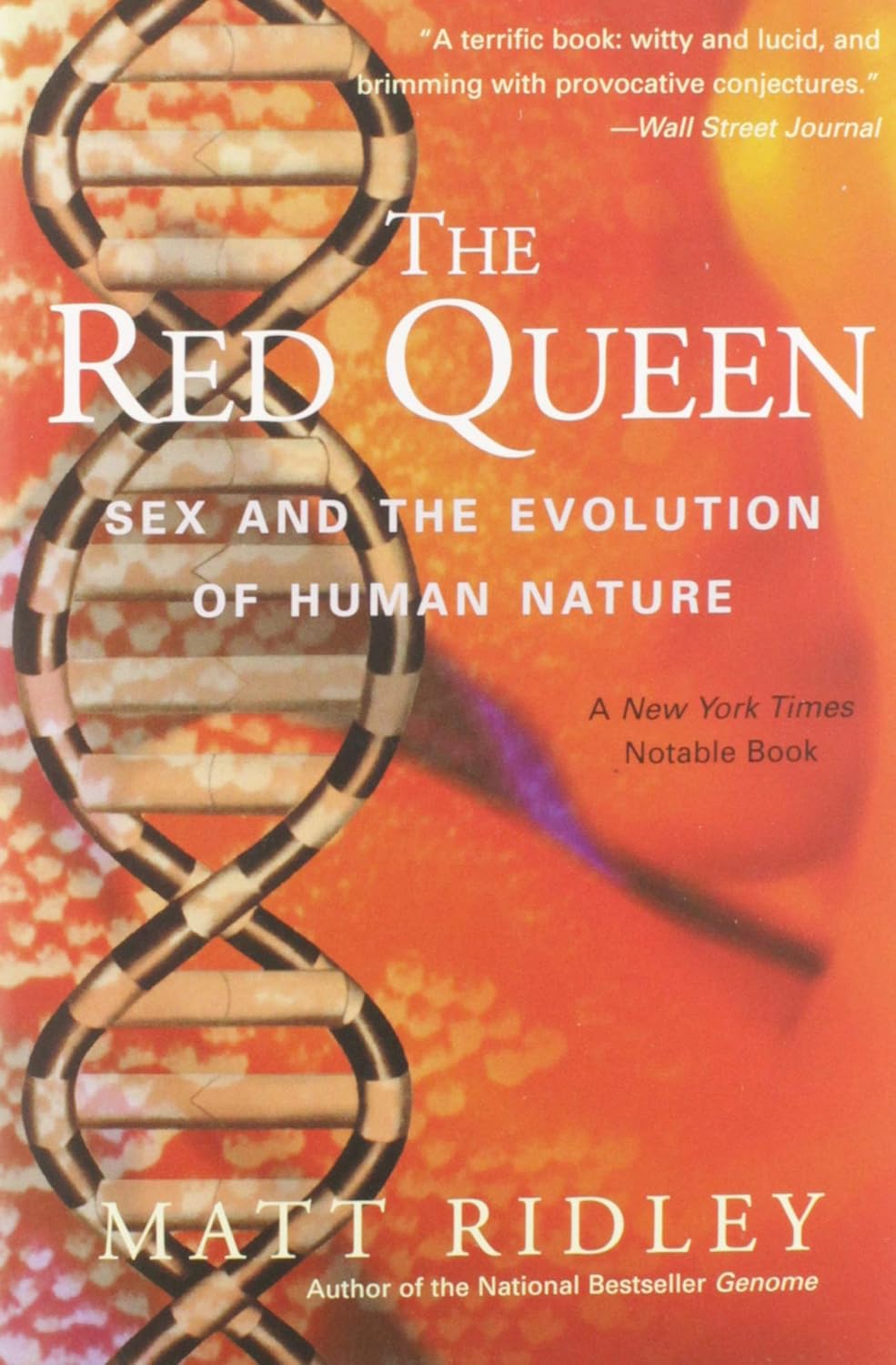
Buy The Book
Chapter
- ✦ CHAPTER 1. INTRODUCTION
- ✦ CHAPTER 2. DESIRE
- ✦ CHAPTER 3. FAITH
- ✦ CHAPTER 4. AUTOSUGGESTION
- ✦ CHAPTER 5. SPECIALIZED KNOWLEDGE
- ✦ CHAPTER 6. IMAGINATION
- ✦ CHAPTER 7. ORGANIZED PLANNING
- ✦ CHAPTER 8. DECISION
- ✦ CHAPTER 9. PERSISTENCE
- ✦ CHAPTER 10. POWER OF THE MASTER MIND
- ✦ CHAPTER 11. THE MYSTERY OF SEX TRANSMUTATION
- ✦ CHAPTER 12. THE SUBCONSCIOUS MIND
- ✦ CHAPTER 13. THE BRAIN
- ✦ CHAPTER 14. THE SIXTH SENSE
- ✦ CHAPTER 15. HOW TO OUTWIT THE SIX GHOSTS OF FEAR
Think and Grow Rich

About
Napoleon Hill’s *Think and Grow Rich* is a seminal work in personal development and wealth creation. Published in 1937, it distills the wisdom of over 500 self-made millionaires into 13 principles designed to unlock individual potential and achieve financial success.
Hill, inspired by Andrew Carnegie, emphasizes the power of positive thinking, the importance of a burning desire, and the necessity of a definite purpose. The book guides readers through steps like developing faith, utilizing auto-suggestion, organizing planning, making decisions, and harnessing the power of the subconscious mind. It also highlights the role of persistence, the value of a “Master Mind” alliance, and the transmutation of sexual energy. *Think and Grow Rich* offers a practical philosophy for anyone seeking to improve their lives and accumulate wealth by understanding and applying these timeless principles.

Spark
Learn
Review
✦ CHAPTER 1. INTRODUCTION
Thoughts are powerful when combined with a clear goal, unwavering determination, and an intense desire to transform them into wealth or tangible achievements. Edwin C. Barnes understood this when he aspired to partner with Thomas A. Edison.
Barnes’ desire to work alongside Edison was specific and intense. When this aspiration first sparked, he faced challenges: lacking a personal connection to Edison and the funds for travel. Undeterred, he hitchhiked by freight train to Edison’s laboratory, declaring his intention to collaborate. Edison recognized Barnes’ unwavering commitment.
While Barnes initially secured a low-paying job, he never wavered from his goal. He persistently nurtured his desire to become Edison’s business partner. Psychologists suggest that readiness attracts opportunity, and Barnes was ready.
Opportunity arrived unexpectedly, disguised as Edison’s underappreciated dictating machine. Barnes, recognizing its potential, secured the opportunity to market it nationwide, leading to the slogan “Made by Edison and installed by Barnes.” This partnership proved that thoughts could indeed generate wealth.
Barnes’ initial desire was invaluable, dwarfing the millions he earned. He proved that an intangible thought, when paired with defined principles, could manifest into reality. He thought his way into partnership and wealth, starting with initiative, belief, and an unyielding will.
This underscores the potency of specific goals and unwavering commitment. Success demands a definite purpose pursued with relentless obsession. Edwin C. Barnes’ triumph serves as a testament to the extraordinary potential residing within focused desire.
✦ CHAPTER 2. DESIRE
Desire marks the starting point of all achievement. Edwin C. Barnes, arriving in Orange, N.J., harbored thoughts of a king, aiming to partner with Thomas A. Edison. It was more than a mere wish; it was a pulsating, definite longing that surpassed all else. After years, Barnes found himself in business with Edison, his dream realized. People envied his “break,” missing the underlying cause of his success.
Barnes succeeded by choosing a specific goal and directing all his energy and willpower towards it. He patiently started with menial tasks, using it as an opportunity to advance his objective. Five years passed without any encouragement, yet he persisted, viewing himself as Edison’s partner from day one.
This shows the strength of defined desire. Barnes achieved his aspiration because he wanted to be Edison’s business associate more than anything. He created a plan and burned all escape routes, staking his future on his ability to reach his goal.
Success requires a willingness to cut off retreat options. A great warrior, outnumbered, burned the ships after landing, declaring victory as the only means of survival. Similarly, merchants who rebuilt after the Chicago fire demonstrated this determination, setting themselves apart from those who sought easier paths.
Wishing for riches is common, but it doesn’t bring wealth. To attain riches, one must obsessively desire them, create definite plans, and persist relentlessly. This process involves specifying the desired amount, identifying what one will offer in return, setting a deadline, creating a plan, writing a concise statement, and visualizing oneself in possession of the money. This requires becoming “money conscious,” where the desire for wealth saturates the mind.
✦ CHAPTER 3. FAITH
Faith, the mind’s primary chemist, blends with thought vibrations, prompting the subconscious to translate it spiritually and transmit it to Infinite Intelligence, similar to prayer. The potent trio of Faith, Love, and Sex emotions “colors” thoughts, enabling them to instantly reach the subconscious mind, converting into a spiritual form that inspires a response from Infinite Intelligence. Love and faith are psychic, whereas sex is biological; mixing these unlocks communication between man’s mind and Infinite Intelligence.
Faith, a mental state induced by affirmation, can transmute desire into reality through autosuggestion. Consider reading this to transform desire into money. Applying autosuggestion, convince the subconscious mind of your belief, and it will react with faith, offering plans to get what is wanted.
Developing faith is challenging. Like explaining red to the blind, it emerges through the 13 principles’ use. Repeated autosuggestion voluntarily fosters faith. Similarly, men become criminals: initially abhorring crime, they grow accustomed, then embrace it. A thought repeatedly sent to the subconscious is accepted and acted upon, manifesting physically.
Thoughts with emotion and faith become magnetic, attracting similar thoughts. The ether holds both destructive and constructive vibrations. The mind attracts vibrations aligning with its dominant state. Thoughts held attract related ones, growing to dominate the individual.
Planting an idea occurs through repetition. Write your purpose, memorize, and repeat it daily until the subconscious mind hears it. Unfortunate environments should be abandoned to build a new life.
✦ CHAPTER 4. AUTOSUGGESTION
Autosuggestion involves influencing the subconscious mind with thoughts, by consistently feeding it emotions and ideas, positive or negative. The subconscious operates without conscious direction, making it vital to control the inputs. This can be achieved through visualization, planning, and focused expectations.
When you expose yourself to Autosuggestion’s influence, understand that it serves as a control room for your subconscious. Fill this room with desirable expectations; the subconscious, acting on these, transforms them into physical form.
Recall the self-confidence formula, reciting it loudly until your vibrations penetrate your subconscious. This principle aligns with religious conversion where emotions transform one’s outlook. Autosuggestion is a tool for voluntary mental impregnation.
Thoughts linked with emotion create “magnetic” forces, attracting comparable vibrations from the ether, influencing thoughts, actions, and deeds. Similarly, the self-confidence formula combines thought impulses into habits through consistent reinforcement.
Just as a seed sprouts in fertile soil, repeating a thought—positive or negative—to the subconscious leads to its manifestation in physical reality. Therefore, consciously plant the seeds of success, ensuring a harvest of your desires.
✦ CHAPTER 5. SPECIALIZED KNOWLEDGE
Knowledge is only potential power. It becomes power only when, and if, it is organized into definite plans of action and directed to a definite end. Lack of understanding of this fact has confused millions. People erroneously believe that, because they have knowledge, they are automatically entitled to riches. This is not necessarily true. Knowledge is acquired through organized or unorganized experiences.
Specialized knowledge is essential for accumulating wealth, regardless of the endeavor one pursues. However, the knowledge must be organized and intelligently directed through practical action plans. Knowledge is of no value except what can be gained from its application toward some worthy end.
Many hire “brains” to compensate for their lack of specialized knowledge. Those who market services have nothing to sell except knowledge. The more specialized the knowledge, the more readily it is sold and the greater the compensation earned.
Organize all experiences, and share with others whose cooperation is needed. Capitalize on the sources of knowledge. The accumulation of great fortunes calls for power, and power is acquired through highly organized and intelligently directed specialized knowledge, but that knowledge does not necessarily have to be in possession of the person who accumulates the fortune.
✦ CHAPTER 6. IMAGINATION
Imagination, the workshop of the mind, shapes our plans. Human intellect can conceive anything the mind can believe. The ancients performed wonders often dubbed “miracles” using their mental powers.
Two types of Imagination exist: Synthetic and Creative. Synthetic Imagination arranges old ideas into new combinations; it creates nothing new. Most people use synthetic imagination, as inventors rarely conjure ideas from thin air. They instead combine existing knowledge into new forms. The Creative Imagination, however, develops entirely new ideas. This faculty operates when the mind is stimulated, like receiving hunches. The greatest inventions and creations stem from the creative faculty.
Cultivate the Creative Imagination by stimulating the subconscious through emotions. Wishes transform into reality through imagination. Ideas are shaped in the imagination, the planning phase of wealth accumulation.
The U.S. School of Commerce tapped into a goldmine by envisioning educating students remotely. The idea stemmed from analyzing the struggles of students who found it difficult to juggle work with on-campus study. The School has become a pioneer in its field, proving that thinking backed by imagination can transform any idea into prosperity. Use imagination to create plans, and organize these plans into action. Transform desire into reality with focused, persistent thought.
✦ CHAPTER 7. ORGANIZED PLANNING
Success requires well-laid plans. Without them, genius is lost. Surveying a multitude of individuals, analysis reveals those with above-average intelligence rarely accumulate significant wealth. Intelligence isn’t enough on its own; organized, practical plans are essential.
Consider W.C. Durant’s story, a man with a knack for creating and selling cars. He built General Motors into a massive enterprise, yet he lacked the ability to collaborate effectively. Despite vast knowledge, he couldn’t organize and retain a team to realize his vision. Eventually, he was ousted from General Motors. Later, he created another car company, Durant Motors, but repeated his previous error. Although intelligence was present, it was useless without a strong plan.
Two kinds of knowledge exist: general and specialized. General knowledge, however vast, offers limited returns. Specialized knowledge is vital for structuring definite plans. Putting such knowledge into action is key. Successful people gather specialized knowledge and effectively organize it.
It may be surprising that I emphasized the importance of organized planning in amassing wealth. The accumulation of great fortunes often involves power, which is only attained through highly organized and intelligent knowledge, not necessarily owned by the individual amassing the wealth.
✦ CHAPTER 8. DECISION
Analysis of over 25,000 individuals revealed that a lack of decision-making was near the top of the list of major causes of failure. People who fail to accumulate money, without exception, have the habit of reaching decisions, if at all, very slowly, and of changing these decisions quickly and often. Successful individuals have the habit of reaching decisions promptly, and of changing them, if, and when, they change at all, very slowly.
Henry Ford is an excellent example of this. His persistence in sticking to one definite purpose is what made him rich. He demonstrated that all you need to do is make a decision and stick by it.
Most people are easily influenced by the opinions of others. Opinions are the cheapest commodities on earth. If you are influenced by opinions when you reach decisions, you will not succeed in any undertaking, much less in that of transmuting desire into money.
Keep your own counsel, when you begin to put into practice the principles described here, by reaching your own decisions and following them. Take no one into your confidence, except the members of your “Master Mind” group, and be very careful in selecting that group, because loyalty and strict adherence to instructions are essential. Be careful what you say to others, but be especially careful what you say to yourself.
✦ CHAPTER 9. PERSISTENCE
Persistence is a vital element to transform desire into its monetary equivalent. Basing on experiences from hundreds of individuals who have amassed great wealth, I discovered persistence is a quality of character that can be cultivated. It’s rooted in factors like definiteness of purpose, desire, self-reliance, definiteness of plans, accurate knowledge, cooperation, willpower, and habit.
Effort doesn’t always yield immediate rewards. Consider Henry Ford’s struggles to create the V-8 engine. His engineers declared it impossible, but Ford’s insistence pushed them until they found a way. This demonstrates that determination, persistence, and meticulous planning can overcome obstacles.
Persistence is crucial for success. What would have happened if Ford had listened to his engineers’ impossibilities? That showcases a lack of persistence can hinder achievement.
Everyone experiences challenging moments. Ideas may fail to materialize, and plans may falter. However, temporary defeat is not permanent failure unless accepted as such. Most people quit when faced with adversity, but winners persist despite obstacles.
Before achieving noteworthy success, temporary defeat and potential failures are inevitable. When facing defeat, quitting may seem easiest, but success often lies just beyond the point where one is tempted to give up. Failure is cunning, delighting in tripping one when victory is near.
✦ CHAPTER 10. POWER OF THE MASTER MIND
Power is vital for amassing wealth, and it takes two forms: “organized knowledge” and the effective application of that knowledge. Knowledge, by itself, isn’t power. It becomes power through carefully crafted, intelligent action plans.
The “Master Mind” principle, blending knowledge and effort in a spirit of harmony between two or more people, creates this power. Consider it an economic alliance, where each member benefits.
No single individual possesses vast power alone. It’s generated through cooperating with others. Andrew Carnegie’s entire fortune stemmed from applying this principle. He surrounded himself with talented individuals who contributed their knowledge, thereby amplifying Carnegie’s own skills.
Think about it: Carnegie, while personally brilliant, couldn’t have mastered every aspect of his vast empire. He relied on his “Master Mind” group, transforming their collective intelligence into immense power.
Political leaders often fail due to lacking this principle. They mistakenly believe that individual dominance creates power, ignoring the strength found in cooperative alliances. Wise leaders surround themselves with capable advisors, understanding that true power lies in combining forces. This applies to all walks of life where power is needed.
✦ CHAPTER 11. THE MYSTERY OF SEX TRANSMUTATION
Sex transmutation means switching the mind from physical expression to other forms. Desire is thought’s engine, urging action. Sexual emotion, when misunderstood, can mislead, but its energy can be a powerful force if transmuted.
Love, romance, and sex drive human actions. Properly harnessed, these can fuel imagination, courage, and willpower. Suppressing them is ill-advised; transmutation is key. The energy must find outlets that enrich the mind.
Many never discover this potential due to ignorance. This explains why brilliant individuals sometimes achieve little. Emotions are like a rushing river; if uncontrolled, they overwhelm, but when harnessed, they irrigate fields.
History proves great leaders possessed strong sexual natures, skillfully transmuted. When properly managed, this energy elevates thought.
Transmutation demands willpower, but the rewards are significant. It unlocks imagination, enthusiasm, and boundless creative energy. Cultivate the habit of using your mind more, and your body less. When driven by desire, willpower allows you to persist without quitting. Success comes to those acutely aware of failure, never giving up. The subconscious responds to action, not idle wishing.
Emotions are essential, enriching thought and judgment. Strive to mix emotions with thoughts, making them reach the subconscious more effectively.
✦ CHAPTER 12. THE SUBCONSCIOUS MIND
The subconscious mind is a receptive field where thoughts, emotions, and beliefs take root. It operates constantly, whether one is awake or asleep. The subconscious mind accepts and acts upon the thoughts given to it, and translates those thoughts into reality. This process occurs regardless of the nature of the thoughts, whether positive or negative. Therefore, consciously choosing thoughts and ideas is important, and giving the subconscious mind positive and constructive inputs.
To influence the subconscious mind, use autosuggestion. Repeatedly present ideas and emotions, especially those linked to a strong desire. Visualize the achievement of goals, and feel the emotions associated with success. This reinforces the desired outcomes.
The subconscious mind also draws upon the principle of faith. When an individual truly believes in the attainment of their goals, the subconscious mind works tirelessly to bring them into reality. This belief acts as a catalyst, mobilizing the subconscious mind’s resources.
Remember, negative thoughts and fears can also impress the subconscious mind, resulting in undesirable outcomes. Therefore, cultivate positive thoughts, encourage self-confidence, and guard against negative influences. A constant flow of positive thoughts can reshape the subconscious mind, transforming it into a powerful ally in achieving goals. By understanding and mastering the subconscious mind, one gains control over their destiny and the ability to create a life filled with success and abundance.
✦ CHAPTER 13. THE BRAIN
Broadcasting and receiving thought vibrations is possible, and the human brain is capable of both. Like an electrical battery, it attracts energy from its environment. This energy, vibrating at high frequency, can be harnessed for creative thought.
The chapter aims to offer knowledge that empowers readers to think for themselves, understand truth from falsehood, and tap into the vast sea of Infinite Intelligence. Facts alone aren’t enough; the brain needs stimulation to generate ideas. Strong emotions act as catalysts, vitalizing the mind and prompting it to resonate with external forces.
Affirmations, consistently repeated, lead to a shift in subconscious activity. The mind learns to gravitate toward positive emotions, nurturing the seed of every positive thought. With emotionalized thought, the creative faculty is set in motion, guiding action toward desired outcomes.
The brain’s potential remains largely untapped, but understanding its function opens doors to possibilities previously unseen. Ideas sparked by the creative imagination act as pathways to receiving intelligence. This principle, coupled with strong desire and focused thinking, can lead to the accumulation of wealth and the attainment of any goal. By controlling thought impulses and consistently directing them toward constructive ends, individuals gain mastery over their destinies and align themselves with the infinite source of wisdom and power.
✦ CHAPTER 14. THE SIXTH SENSE
The sixth sense defies clear description, comprehensible only through development. Understanding via the other principles prepares one for this “sixth sense,” the realm of miracles.
Highly developed individuals access warnings of impending dangers, averting them. Ideas or “hunches” arise from the subconscious, sometimes saving lives and financial ruin. Andrew Carnegie guarded against over-expansion based on a hunch, saving his empire. He heeded this “inner voice,” the sixth sense, the guardian angel.
Those mastering the book’s principles become receptive to this sense. Creative ideas emerge seemingly from nowhere, guiding users rightly.
Desire, faith, and subconscious principles open one’s self to the sixth sense, transcending ordinary thought. Hunches should be embraced, not dismissed. Millionaires rely on this sense to amass fortunes.
Insights come subtly through inner feeling rather than logical thought. The sixth sense is continuous communication between the conscious mind and Infinite Intelligence. It’s akin to a guardian angel, guiding positively through life. This faculty is often inactive until developed through meditation.
To awaken it, engage the imagination, control thoughts, and meditate. This brings ideas and warnings, helping avoid destructive forces and make sound decisions. Neglecting this gift leads to failure, while embracing it brings safety.
✦ CHAPTER 15. HOW TO OUTWIT THE SIX GHOSTS OF FEAR
Before accumulating wealth, analyze fears; failure, poverty, criticism, loss of love, ill health, and death lurk, hindering one’s path. These “ghosts” reside in the subconscious, arising from heredity, environment, and education. Conquer them.
Fear of poverty stems from the tendency to accept circumstances, not ideas, as reality. It’s a state of mind, curable through economic security, engaging in work, open-mindedness, and associating with those with economic security.
Fear of criticism emerges from the insecurity of desiring approval, a destructive habit. Overcome it by realizing disapproval won’t kill, doing what you believe is right, dismissing judgment, analyzing your wrongs, and understanding those who criticize often do so out of envy.
Fear of ill health arises from negative thoughts and beliefs. Master it by avoiding negativity, focusing on health, and accepting potential death.
Fear of loss of love manifests as jealousy and fault-finding. Cure it by acknowledging love isn’t forced, suppressing worries, and never admitting jealousy.
Fear of old age comes from associating it with decline, a misconception. Face it by seeking wisdom in age, developing a love for self, and avoiding associating with those who spread fear.
Fear of death emerges from lacking purpose, the unknown, or understanding death’s significance. Accept it as inevitable and redirect fears into achievement. Remember, we shape our destinies through thoughts.
For People
– Entrepreneurs
– Job seekers
– Students
– Investors
– Network marketers
Learn to
– Goal setting
– Positive thinking
– Self-confidence
– Persistence
– Financial literacy









